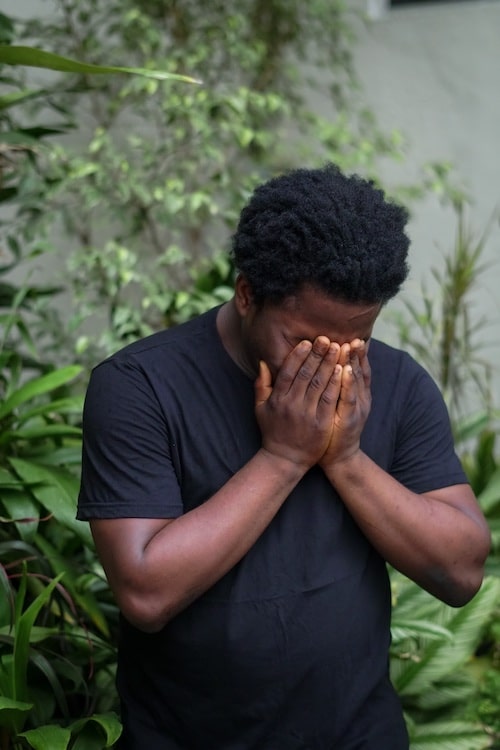We enjoyed an interesting and thought provoking in-person seminar with our host, Briony Martin. The…

Privileged Abandonment, Normalised Neglect & Trauma; Understanding Boarding School Syndrome with Nick Duffell (Oct. 2019)
Nick Duffell, himself an ex-boarder, has pioneered therapeutic work into understanding and treating the psychological impact of a boarding school education. He spoke with passion and clarity about Boarding School Syndrome, sharing some of his own history as well as placing boarding school education within the wider historical context of British society and its need to prepare young men to serve the British Empire.
He talked of the huge significance of the premature breaking of attachments to caregivers and family life that occur with boarding, which has such an impact on the child in question. He made the point that good attachments are important for us throughout life, rather than just in the crucial early years as postulated by John Bowlby’s Attachment Theory. With this in mind, it is easy to understand the effect that leaving home to live in an institution devoid of parental affection and care, can have on children, whether it is aged 8, 11 or 13.
In order to survive this ‘developmental’ or ‘complex’ trauma, Nick explained that the child has to develop a Strategic Survival Personality; without the presence of parents, the child has to find their own inner parental figure and internalize not just the parent but the function of parenting for themselves. Alone in an alien environment, he or she has to learn independence, self-reliance and resilience – all attributes encouraged by the schools, but which actually result in a shutting down of unacceptable feelings. The cost of this may be seen in consulting rooms 20, 30 or 40 years later as the impact of a truncated childhood, in which emotional attachments had been severed prematurely, comes home to roost.
Throughout the day, Nick took questions and comments from delegates, which resulted in much lively discussion, ranging from the impact boarding school may have had on some of our political figures to the more practical application of his findings in working with clients presenting as boarding school survivors. He highlighted the importance of being aware of what might be happening transferentially with these clients, as for so many of them it meant the loss of daily parental connection at an age when that was still so needed.
He spoke briefly about the toolkit he has developed to help when working with boarding school survivors, with the acronym R.A.C. – Recognition, Acceptance and Change and was at pains to point out how challenging this group can be to work with. ‘Save me, but don’t change me’ is a recurrent pattern, as the Survival Self, developed out of necessity as a child, has become a way of being which is very hard to let go. However, in dismantling the survival self, there is a way back to feelings and represents a ‘stairway back to life’.
Perhaps the most poignant moments of the day were the clips Nick showed from the film, ‘The Making of Them’ which documents the experiences of young boys starting at boarding school aged 8. The sight of these small children having to manage alone, and seeing the shift between ‘survival personality’ and enthusiastic child, in one of the boys as he veered between describing the resilience he was learning for the future and the excitement of the red nose on his birthday clown cake was both moving and shocking.
This seminar about an under-researched area of developmental trauma, which many of us will come across in our work with clients, was extremely informative, lively and engaging. Nick Duffell is an experienced and well-respected speaker on this subject and so his expertise was greatly appreciated by the delegates who enjoyed a stimulating day of learning and debate.
By: Mel Dundas
15 October 2019
Message from Wendy Bramham:
I thank all delegates for their engagement with the topic and for their feedback, and I thank Nick for his sharing of knowledge and experience. Thank you to my team of helpers: Jo Turner, Mel Dundas and Angy Man.
Average feedback scores from 29 forms:
Organisation of event: 4.83 out of 5
Speaker (Nick Duffell): 4.34 out of 5
“All of it was thought-provoking”
“I gained insight into survivors’ coping strategies and splitting. Excellent balance of information and discussion”
“I enjoyed Nick’s sharing of his breadth and depth of knowledge, underpinned by theory” Julia Penrose, Bradford-on-Avon
“Always great – friendly, professional, lovely venue” Caroline May
“Intellectually stimulating and lively engagement”
“Really enjoyed this, thought provoking and helpful for client work” Karen Brown
“Excellent speaker, knowledge and ways forward very useful and hopeful for support to clients and for repair”
“Overall, good speaker creating emotional punch” Diana Burr
“I particularly enjoyed Nick’s openness to questions, challenging clients etc. Kept it live, relevant and useful (as the material is immense) Neil Young




This Post Has 0 Comments